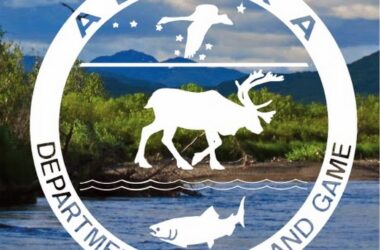Alaska Attorney General Treg Taylor announced on Tuesday that the final approval of a landmark, $26 billion multijurisdictional agreement to settle claims with pharmaceutical companies over their business practices related to the nation’s prescription opioid epidemic. The nation’s three major pharmaceutical distributors — Cardinal, McKesson, and AmerisourceBergen – and Johnson & Johnson, which manufactured and marketed opioids, faced more than 4,000 lawsuits in state and federal courts. The agreement settles those claims and establishes guidelines for the companies intended to prevent such a crisis from happening again.
Alaska and nine political subdivisions within the state will receive a total of $58 million from the settlement. The drug companies will begin releasing funds to a national administrator on April 2. Money will start flowing to state and local governments in the second quarter of this year. 15% of Alaska’s $58 million will be directed to the nine political subdivisions that participated in the agreement. The remainder will be used to help Alaska recover from the effects of opioid abuse and addiction.
Attorney General Treg Taylor said:
“All of us know someone who suffered from opioid addiction, and this crisis has taken its toll on our communities. This agreement sends a message to the companies that would put profits ahead of people.”
The agreement marks the culmination of several years of negotiations to resolve the claims of governments across the United States. It is the second largest multistate agreement in U.S. history, which is recognized as second to the Tobacco Master Settlement Agreement.
Alaska’s Opioid Advisory Council will make recommendations about how the funds should be allocated. Administrative Order 324 established the Opioid Advisory Council which consists of 13 members that represent local government, public health, and representatives from the House and Senate. The Council’s report to Governor Mike Dunleavy is due on December 1st.
In all, 52 states and territories and thousands of local governments signed on to the agreement.
As required by the agreement, Cardinal, McKesson, and AmerisourceBergen will:
- Establish a centralized independent clearinghouse to provide all three distributors and state regulators with aggregated data and analytics about where drugs are going and how often, eliminating blind spots in the current systems used by distributors.
- Use data-driven systems to detect suspicious opioid orders from customer pharmacies.
- Terminate customer pharmacies’ ability to receive shipments, and report those companies to state regulators, when they show certain signs of diversion.
- Prohibit shipping of and report suspicious opioid orders.
- Prohibit sales staff from influencing decisions related to identifying suspicious opioid orders.
- Require senior corporate officials to engage in regular oversight of anti-diversion efforts.
Johnson & Johnson will:
- Stop selling opioids.
- Not fund or provide grants to third parties for promoting opioids.
- Not lobby on activities related to opioids.
- Share clinical trial data under the Yale University Open Data Access Project.






